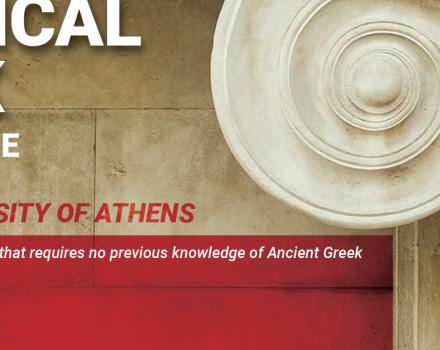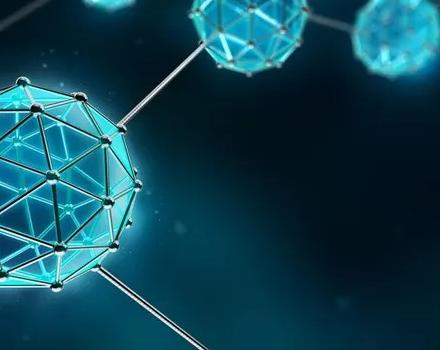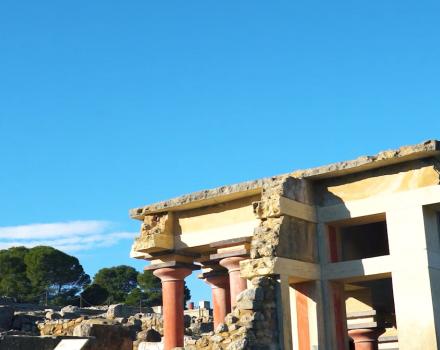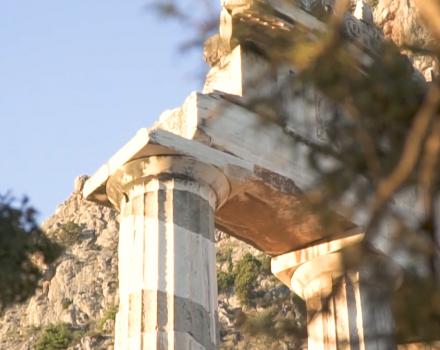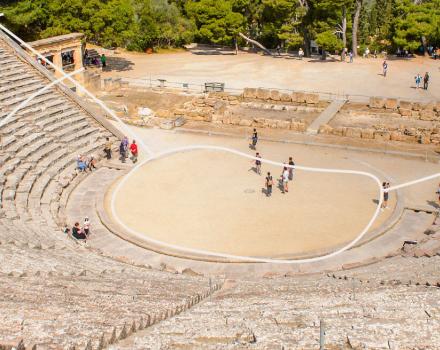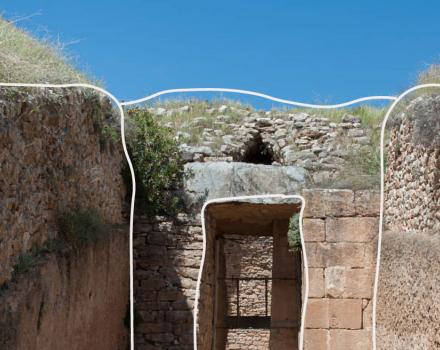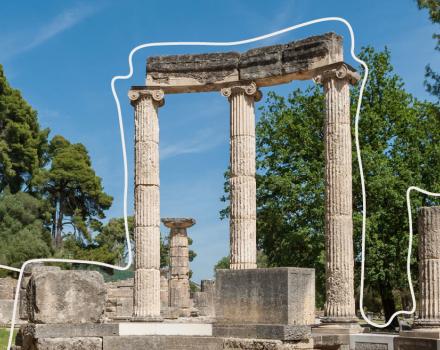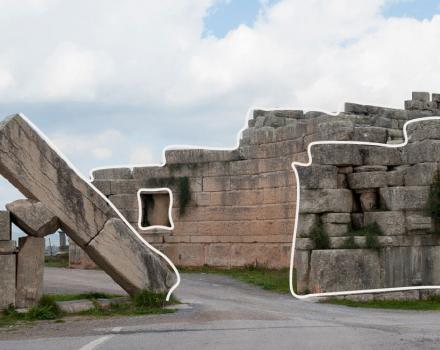Within the extensive vocabulary of Ancient Greek, the term «Αὐτόματον» emerges as a significant word whose influence permeates a myriad of languages and cultures, thus illustrating the enduring legacy of Greek etymology in contemporary society. This term, colloquially abbreviated to “auto”, represents a fundamental concept in the understanding of mechanisms that dominate our technological landscape. Originating from the Ancient Greek «Αὐτόματον», pronounced as «aftómaton», this word has been documented as early as in the works of Hesiod and Homer (8th century B.C), signifying its foundational role in literary and philosophical traditions.
The word “automatic” encapsulates the principle of self-operation and efficiency. This concept is manifested in numerous technological advancements, including automatic doors and transmissions in vehicles, which epitomize the ideals of self-regulation and streamlined functionality. Furthermore, the realm of automation, a sector born from the essence of «Αὐτόματον», has revolutionized industries by introducing systems and processes that operate with minimal human oversight, thereby enhancing productivity and efficiency across various domains.
The historical significance of “automata” in Ancient Greece highlights the extraordinary engineering feats accomplished by ancient inventors such as Ctesibius (3rd B.C.) and Hero of Alexandria (1st A.D) . These early examples of automata not only demonstrate the ingenuity of their creators but also lay the groundwork for the advanced machinery and robotics that define the current era.
In linguistic studies, “Αὐτόματον” has given rise to terms like “automaticity,” denoting the capability to perform tasks effortlessly and without conscious deliberation. This concept is particularly relevant in the context of language acquisition, where learners aim to achieve automaticity in aspects such as vocabulary recall and grammatical proficiency, thereby facilitating fluid communication.
The innovation of autonomous vehicles and the development of autopilot systems in aviation are emblematic of the technological evolution influenced by «Αὐτόματον.» These advancements symbolize the extension of automatic principles to complex systems, allowing for minimal human intervention and metaphorically reflecting the human ability to navigate routine tasks with instinctive ease.
The University of Athens recognizes the profound impact of Ancient Greek terminology on modern discourse and technology through its E-learning Classical Greek Level A course. This program invites learners to explore the rich linguistic heritage of Ancient Greece, teaching Classical Greek and its significance in contemporary society. By enrolling in this course, students begin a journey that bridges ancient wisdom with modern innovation, fostering an appreciation for the linguistic legacy that continues to shape our world.
Start Date: Apr 8th 2024
Register now: Classical Greek - Level Α
Photo: Pantograph of Heron of Alexandria. Reconstruction by Kóstas Kotsanás using Heron of Alexandria's "Mechanics" preserved in a medieval Arabic manuscript. Museum of ancient Greek technology, displayed in the Heraklion building (Crete) in July 2022 (Wiki Commons).
